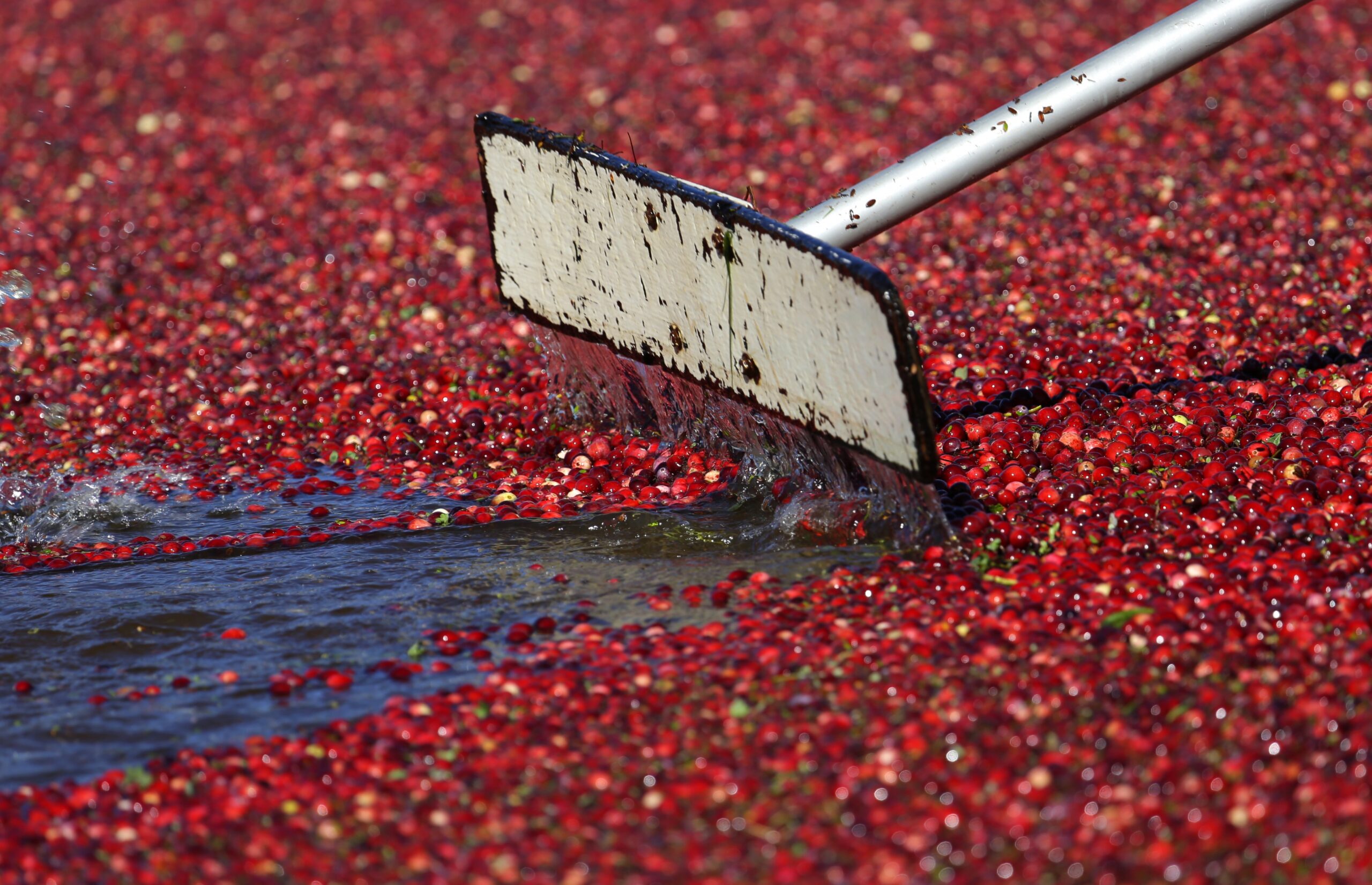A northern Wisconsin tribe says an environmental firm it hired is recommending further study of army munitions barrels that were dumped into Lake Superior during the Cold War.
The Red Cliff Tribe has recovered and analyzed contents from 25 of the more-than 1,400 barrels dumped by the U.S. Army into the lake in the 1950s. But Red Cliff project manager Gary Defoe Jr. said that’s not enough.
The tribe hired contractor Ridolfi Environmental out of Seattle to further study the barrels, and Defoe said that their report recommends more barrels be raised for sampling.
Stay informed on the latest news
Sign up for WPR’s email newsletter.
In a prepared statement he said:
“Given that the cumulative dataset is limited compared to the number of barrels dumped, the presence of the barrels as solid waste in the lake continues to adversely affect the cultural resources and potentially the natural resources of the Red Cliff band.
“Remaining barrel contents are still uncharacterized and the potential exists for inadvertent recovery by the general public. While the barrels are presently containing their contents. They should not be expected to do so into the indefinite future.”
Defoe said the tribe has sent the report to the U.S. Army Corps of Engineers, which administered funding for the report from the Native American Lands and Environmental Mitigation Program. The Department of Defense created the program to address environmental impacts on Indian lands from former DOD activities and facilities. Kimberly Bond, NALEMP manager, said they’ve received the investigative report compiled by the tribe’s contractor.
“We will do our review of the report … and make sure all comments and questions are addressed, and then we will try to get the report in some kind of final form,” said Bond.
Bond said the final version will then be submitted to the DOD.
“They look at it and see what the facts are and what was found,” she said. “Then, ultimately, (the DOD), of course, makes the decision. The Corps (doesn’t) make that decision of what they want to do next or what would be the next steps.”
Bond said it could take another four months to finalize the report in coordination with the Red Cliff Tribe. Defoe said the tribe would like to raise another 45 barrels to get an adequate sampling of what’s in the lake.
“Our resources are at stake. Up along the North Shore, people’s drinking water could potentially be at stake,” he said. “We definitely need to do more investigation at this point.”
Defoe said Red Cliff will do whatever it can to fully investigate the barrels to achieve the best outcome for the tribe.
According to Red Cliff, barrels were dumped in six sites along the lake’s shoreline between Duluth and Two Harbors. Barrels that have been recovered from the lake were found to contain cluster bomb detonators, but early findings have shown no cause for concern.
In 1959, the U.S. Army oversaw production of grenades and mines at the Twin Cities Army Ammunition Plant. The Army decided to dispose of the materials in 55-gallon drums that were dumped into Lake Superior, citing cost and security as the main factors.
Wisconsin Public Radio, © Copyright 2024, Board of Regents of the University of Wisconsin System and Wisconsin Educational Communications Board.



